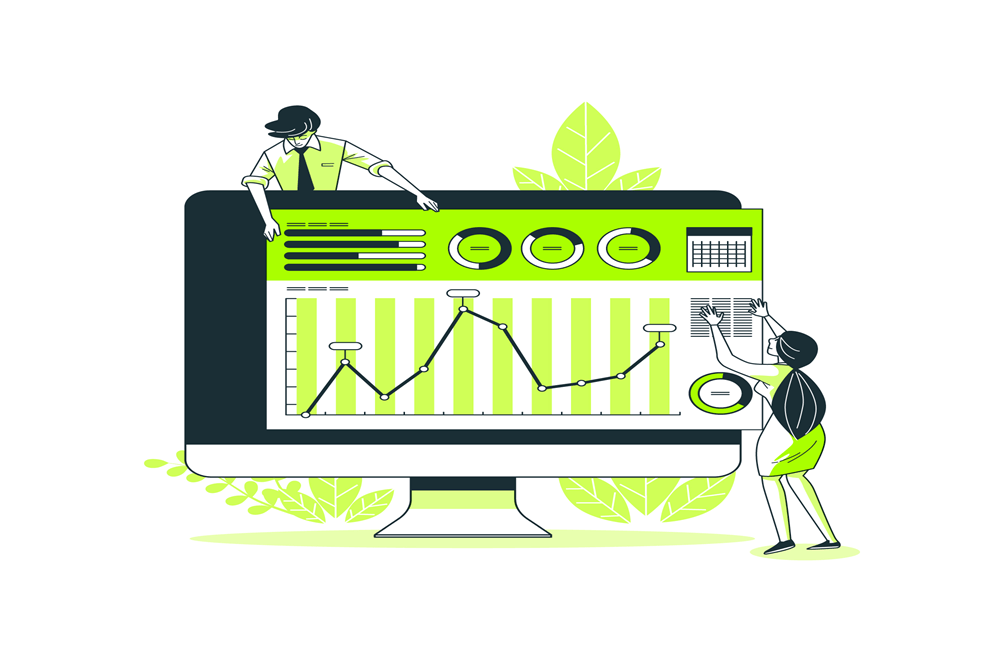


In today’s dynamic market, uncertainty is the only certainty. Businesses are constantly challenged to predict customer behavior and manage resources.
In today’s dynamic market, uncertainty is the only certainty. Businesses are constantly challenged to predict customer behavior, manage resources, and stay ahead of their competitors. One tool that has become essential in this environment is demand forecasting. But what is it, and why does it matter so much?
At its simplest, demand forecasting is the process of predicting future customer demand for a product or service. A demand forecast uses data, trends, and statistical tools to estimate what customers are likely to want and when. This allows companies to make better decisions across operations, supply chain, finance, and marketing.
Managing inventory is a constant balancing act. Stock too much, and you risk high storage costs or unsold products. Stock too little, and you lose sales and frustrate customers. This is where demand forecasting steps in as a game-changer.
A well-informed demand forecast ensures that supply meets demand accurately. It helps reduce holding costs, avoid stockouts, and streamline logistics. Companies can also plan production cycles more effectively and avoid last-minute procurement chaos.
Staffing is another area where demand forecasting has a significant impact. Businesses with seasonal fluctuations or irregular traffic need accurate demand estimates to plan shifts and workloads.
With the right demand forecast, managers can align their workforce to actual demand, improving both productivity and employee morale. Understaffing during peak times or overstaffing during slow periods becomes less of a concern when demand forecasting is done right.
This again highlights the importance of demand forecasting not just for logistics, but for human resource management too.
Every financial plan depends on revenue projections. And those revenue projections depend heavily on demand. Demand forecasting allows finance teams to create more realistic budgets, better cash flow estimates, and smarter investment plans.
A reliable demand forecast gives businesses the confidence to allocate capital, expand operations, or launch new products. When decisions are rooted in forecasted demand, they’re more likely to succeed and less prone to risk.
Marketing isn’t just about creativity—it’s about timing, targeting, and relevance. Demand forecasting helps marketers anticipate when consumers will be most interested in a product or service, so campaigns can be launched accordingly.
One of the less obvious benefits of demand forecasting is its role in sustainability. Overproduction and underutilized resources lead to waste—both environmentally and financially.
By basing production and procurement on a realistic demand forecast, companies can significantly reduce surplus, optimize energy use, and contribute to a more sustainable business model.
Customer satisfaction often hinges on product availability and timely service. When demand forecasting is accurate, companies are more likely to meet customer expectations consistently.
By avoiding delays, back orders, or poor service due to supply issues, businesses strengthen customer trust. Satisfied customers are not only more likely to return but also to recommend your brand to others.
From deciding whether to open a new store to launching a new product line, big decisions carry big risks. Demand forecasting mitigates those risks by offering data-backed projections.
Executives and managers can evaluate market readiness, predict potential returns, and time their decisions strategically. A business without a demand forecast is essentially flying blind.
When markets face disruption—from pandemics to supply chain breakdowns—companies with strong demand forecasting practices adapt faster. By analyzing trends in real-time and adjusting forecasts quickly, they remain resilient in the face of uncertainty.
Finally, demand forecasting isn’t just about managing the present—it’s about owning the future. Companies that master demand forecasting outperform competitors by being quicker to react, leaner in operations, and more precise in execution.
Demand forecasting is no longer a luxury—it’s a necessity. From managing inventory and staffing to optimizing finances and customer experience, every aspect of business relies on understanding future demand. A demand forecast isn’t just a number—it’s a strategy. It’s what separates businesses that are guessing from those that are growing.
At thouSense, we understand the value of foresight. Our solutions help organizations make accurate demand forecasts that drive smarter decisions, stronger customer relationships, and sustainable growth. Because in business, knowing what’s coming isn’t magic—it’s methodology.
